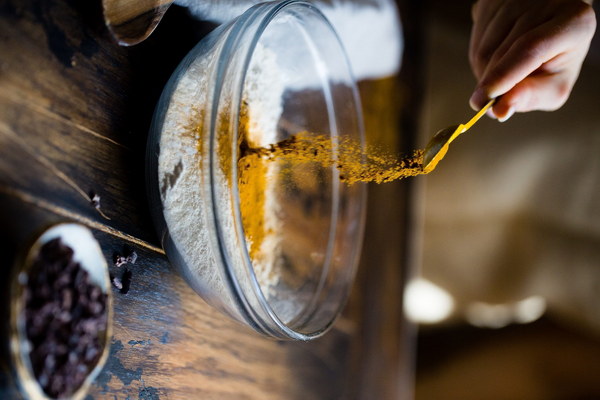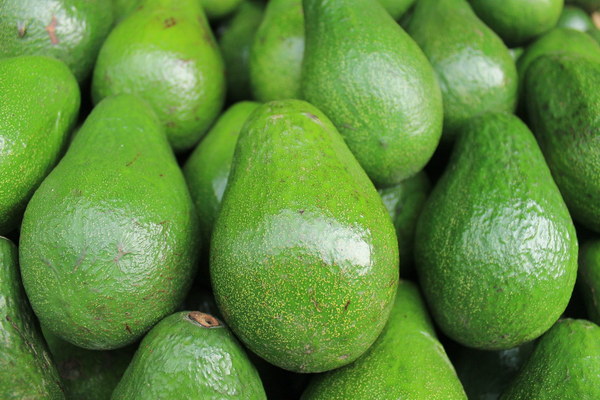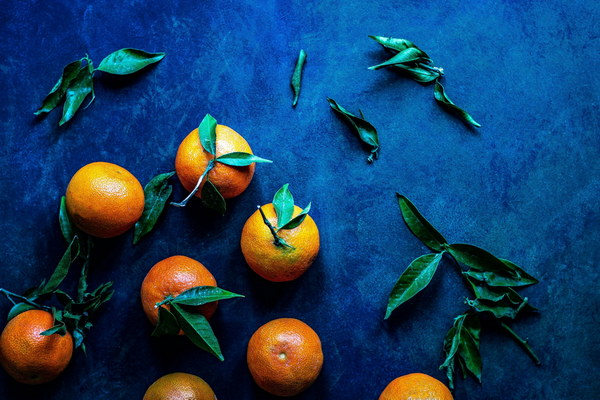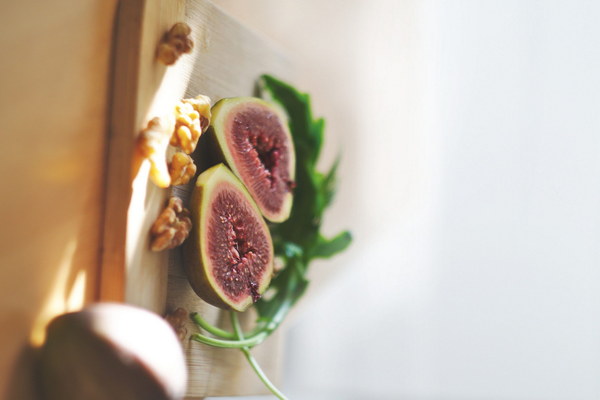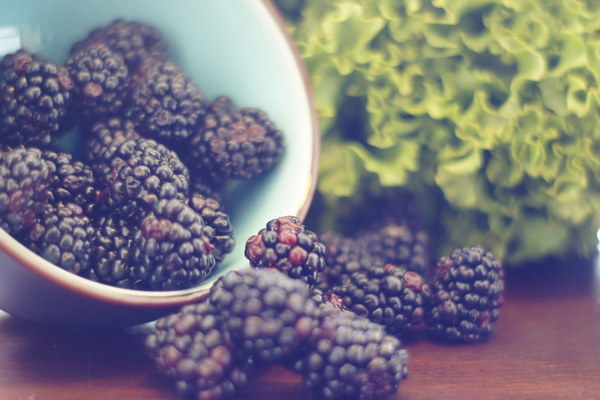Maximizing Winter Health Traditional Winter Tonics for Seniors on the Winter Solstice
As the days grow shorter and the temperatures plummet, the Winter Solstice marks the longest night of the year. It is a time when nature itself is preparing to hibernate, and for many cultures, it is also a time to focus on health and well-being. For seniors, the Winter Solstice is an excellent opportunity to incorporate traditional winter tonics into their diet to bolster their immune system and maintain vitality throughout the coldest months. This article explores the significance of the Winter Solstice and offers some age-old remedies that can help seniors thrive during the winter season.
The Winter Solstice is a time when the sun's light reaches its lowest point, and the body's energy is believed to follow a similar pattern. In traditional Chinese medicine (TCM), this is known as the Replenishing Phase, when it is important to nourish the body's yin and yang energies. Seniors, with their inherently weakened immune systems and slower metabolism, can benefit greatly from these seasonal tonics.
One of the most well-known winter tonics is ginseng. This herbal root is revered for its ability to boost energy and enhance overall health. In TCM, ginseng is considered a Qi tonic, which means it helps to strengthen the body's vital energy. Seniors can consume ginseng in various forms, such as tea, capsules, or even as a cooked root in soups and stews.
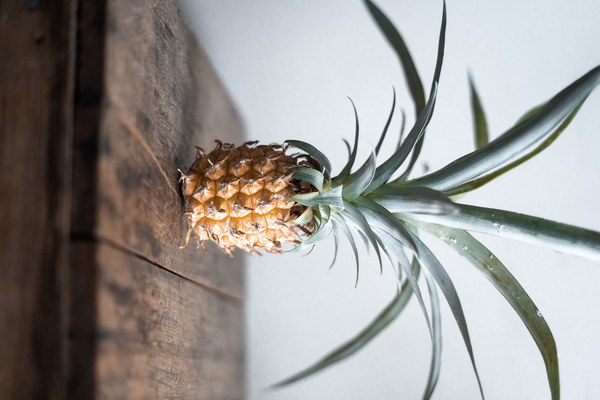
Another traditional winter tonic is astragalus. This herb is known for its immune-boosting properties, making it a great choice for seniors looking to prevent colds and flu. Astragalus can be found in the form of tea, tinctures, or powders, and is often combined with other immune-boosting herbs like echinacea and goldenseal.
Reishi mushrooms are another powerful addition to a senior's winter health regimen. These fungi are believed to enhance the body's ability to fight off illness and support the immune system. Reishi can be taken as a supplement, or seniors can enjoy it in a tea or added to dishes like stir-fries and soups.
To maintain a healthy balance of yin and yang, it is important to incorporate warming foods into the diet during the winter months. Foods such as ginger, garlic, and turmeric are not only delicious but also have medicinal properties that can help to ward off illness and improve overall health. These spices can be used in a variety of recipes, from warming teas to hearty stews and soups.
In addition to herbs and spices, seniors should also focus on incorporating warming, nutrient-dense foods into their diet. Fruits like kiwi, oranges, and pomegranates are high in vitamin C, which is known to boost the immune system. Root vegetables such as carrots, beets, and sweet potatoes are also excellent choices, as they are rich in vitamins and minerals that can help to keep the body warm and energized.
Seniors should also consider incorporating regular exercise into their winter routine to maintain healthy circulation and strength. Gentle activities such as walking, tai chi, or yoga can help to boost the immune system and improve overall health.
In conclusion, the Winter Solstice is an excellent time for seniors to focus on their health and well-being. By incorporating traditional winter tonics and warming, nutrient-dense foods into their diet, seniors can strengthen their immune system and maintain vitality throughout the coldest months. Remember to consult with a healthcare professional before starting any new supplement or dietary regimen to ensure it is safe and appropriate for your individual health needs. With a little effort, seniors can make the most of the Winter Solstice and enjoy a healthy, happy winter season.


